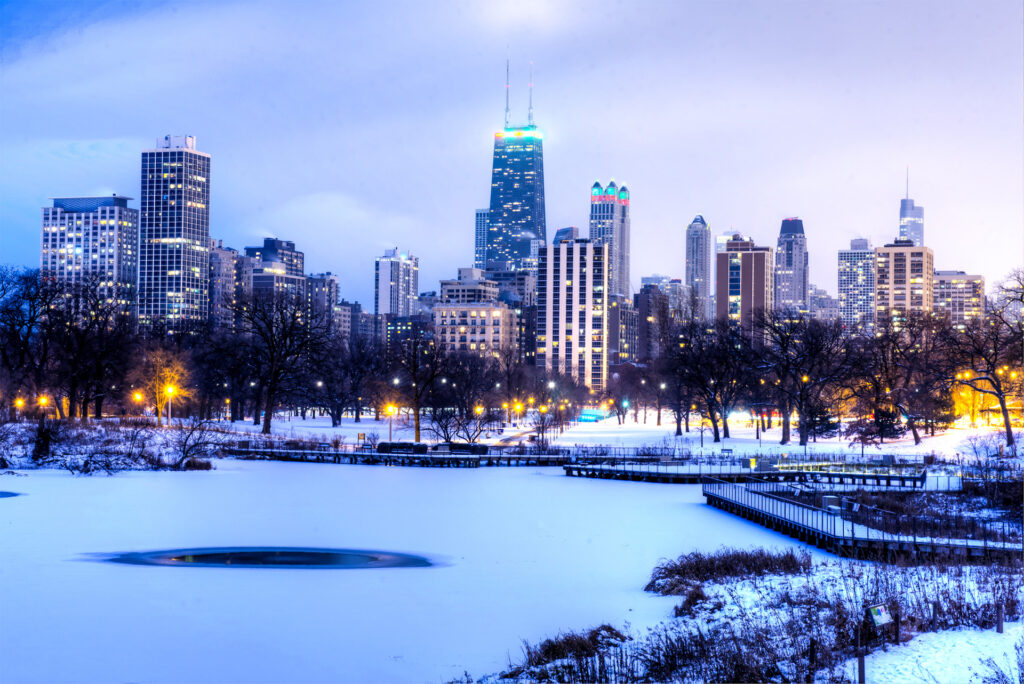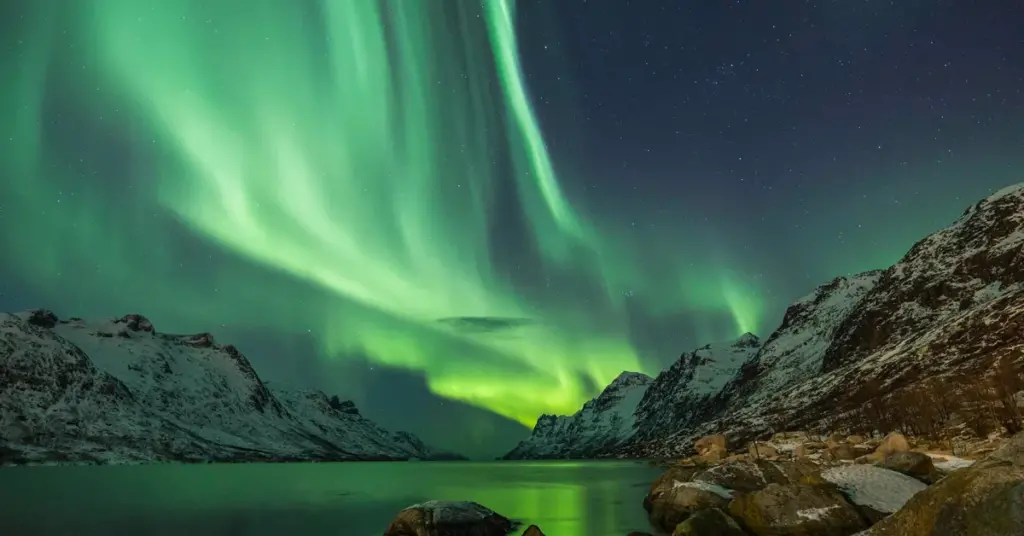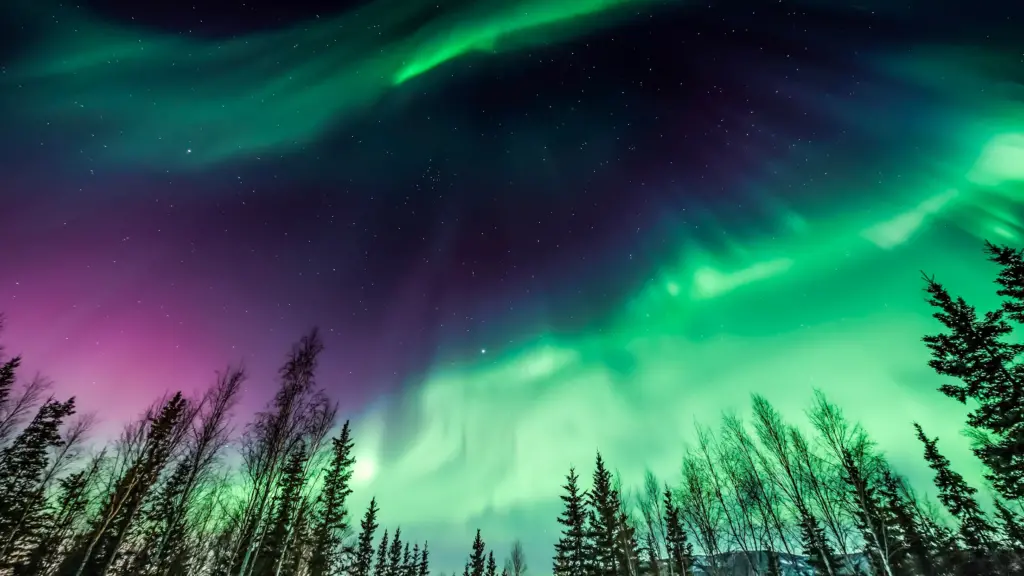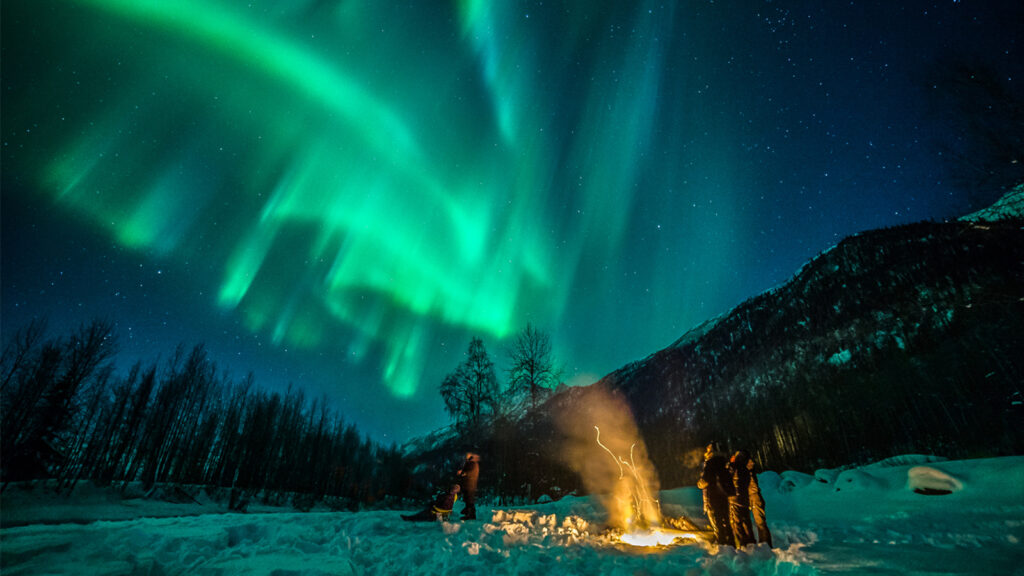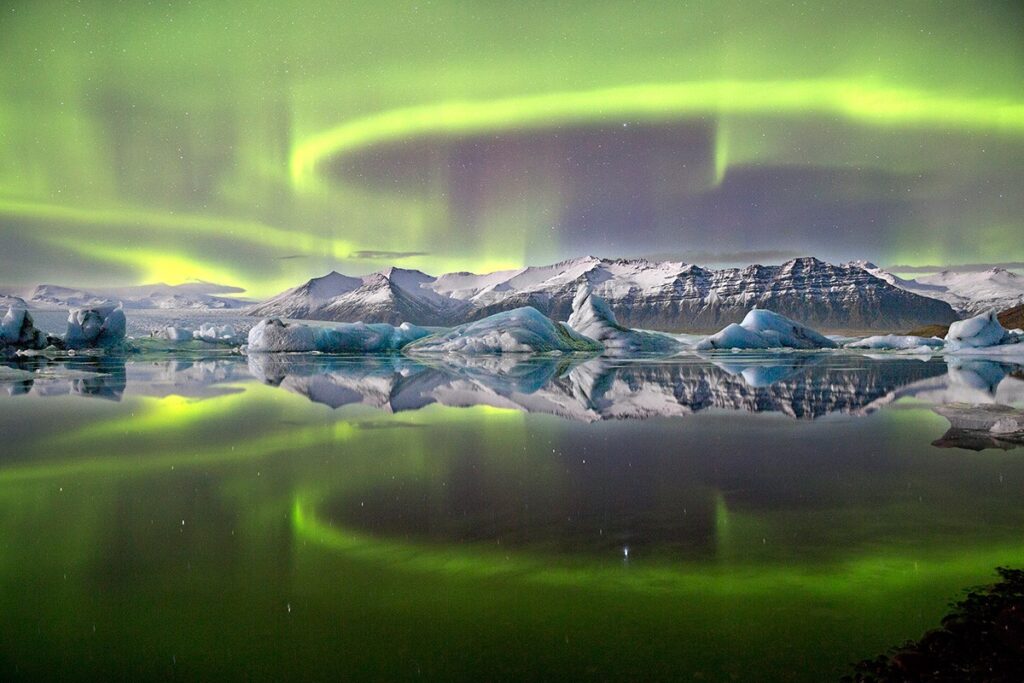Introduction
Chicago, the Windy City, is known for its stunning skyline, but Where can you see Aurora Borealis in Chicago? In this extensive guide, we’ll explore the possibilities of witnessing the Northern Lights in and around Chicago.
Where Can You See Aurora Borealis in Chicago?
Understanding the Limitations
Chicago‘s southern location and light pollution make it challenging to witness the Northern Lights regularly. However, during rare instances of strong solar activity and geomagnetic storms, sightings have been reported.
| ℹ️ Read More: | Where Can You See Aurora Borealis in Wisconsin? |
Top 5 Places Where To Potentially Catch the Aurora Borealis in Chicago
Indiana Dunes National Park
Located just outside Chicago, Indiana Dunes National Park is a dark sky destination that provides a chance for Northern Lights sightings during geomagnetic events.
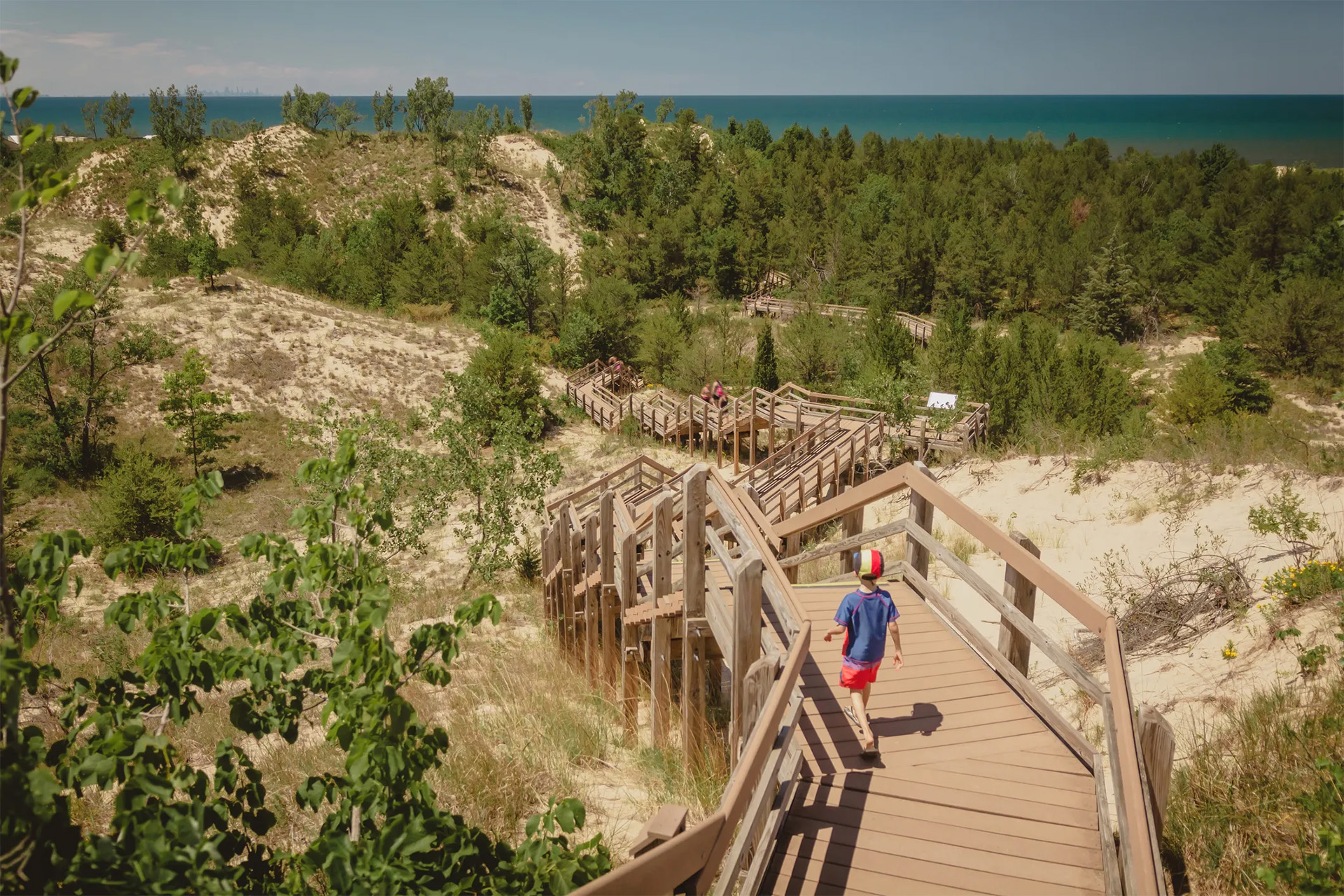
| ℹ️ View More |
| 🏡 Best Places to Stay in Indiana Dunes National Park |
Starved Rock State Park
Situated southwest of Chicago, Starved Rock State Park offers natural beauty and darker skies, increasing the likelihood of observing the Northern Lights.
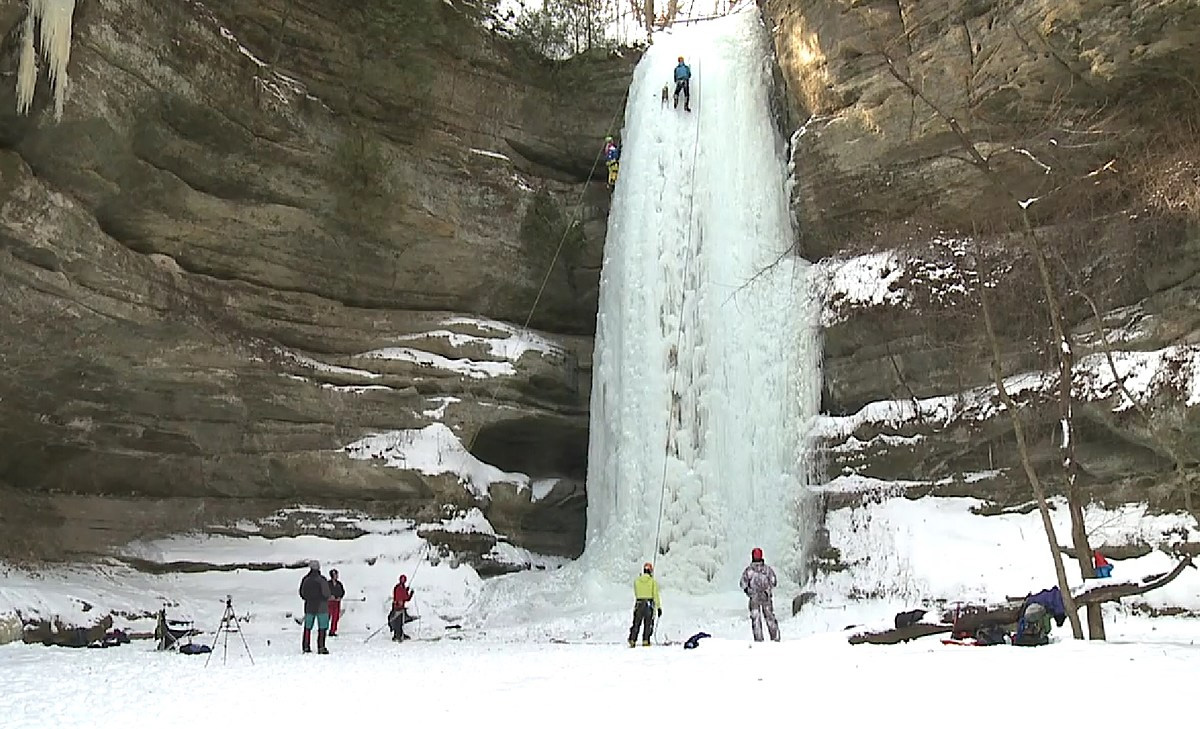
| ℹ️ View More |
| 🏡 Best Places to Stay in Starved Rock State Park |
Chain O’Lakes State Park
To the northwest, Chain O’Lakes State Park provides a serene setting away from urban lights, enhancing the potential for Northern Lights visibility.
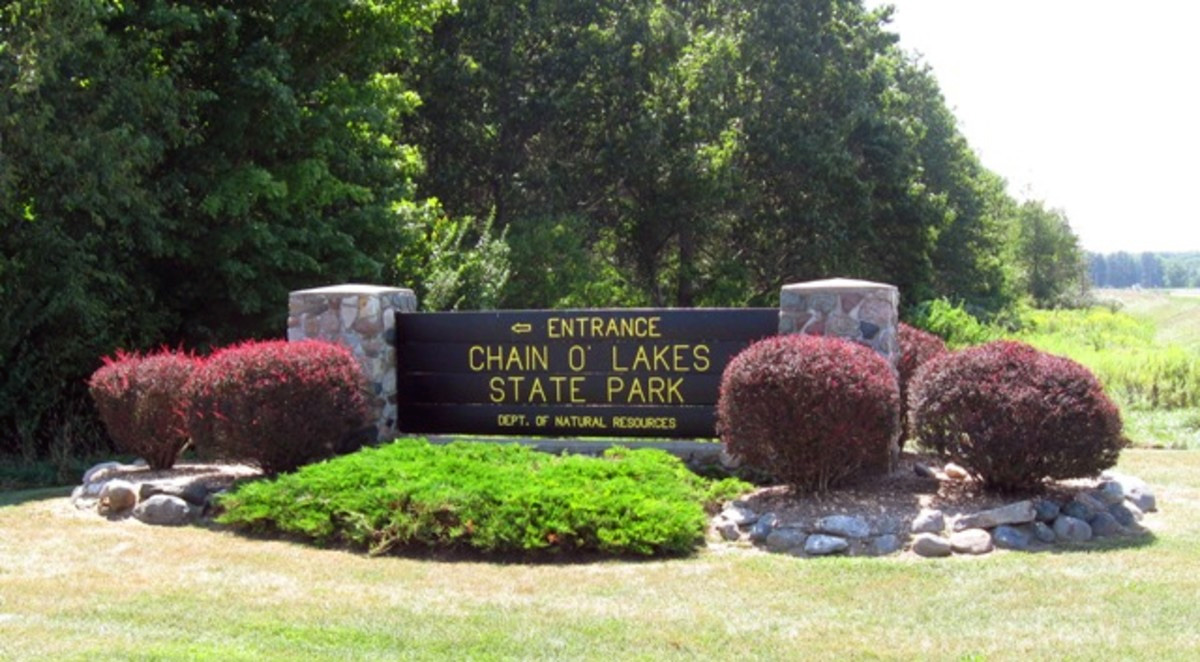
| ℹ️ View More |
| 🏡 Best Places to Stay in Chain O’Lakes State Park |
Illinois Beach State Park
Along Lake Michigan, Illinois Beach State Park offers a northern vantage point, reducing light pollution and providing a better chance to see the auroras.
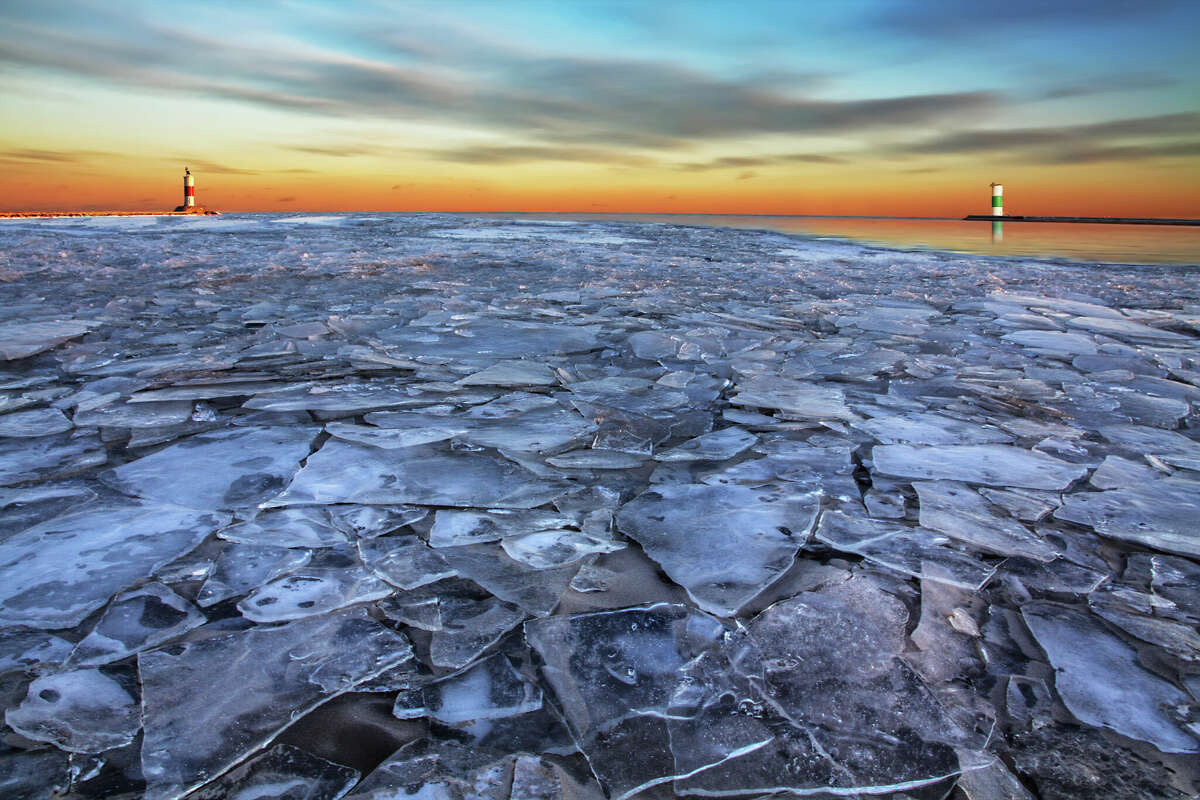
| ℹ️ View More |
| 🏡 Best Places to Stay in Illinois Beach State Park |
Kettle Moraine State Forest – Southern Unit
Just over the Wisconsin border, Kettle Moraine State Forest provides darker skies, making it a potential spot for observing the Northern Lights during geomagnetic storms.
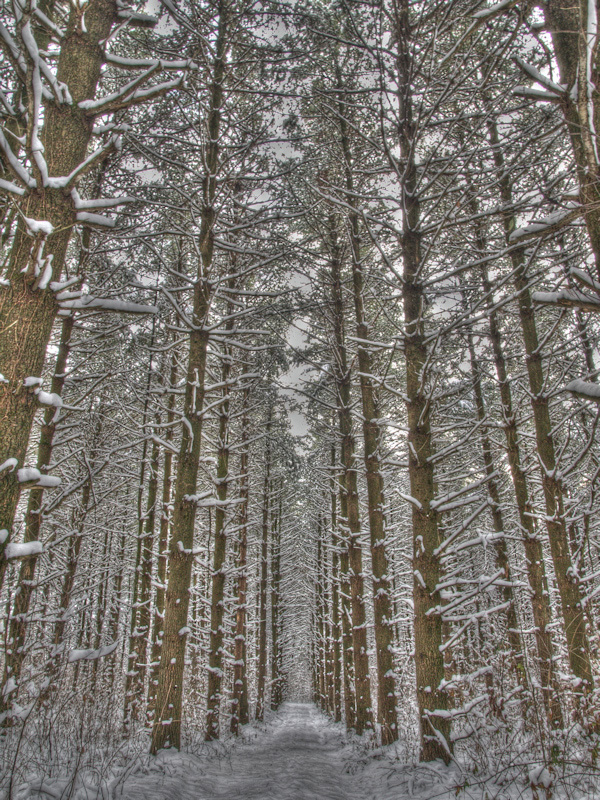
| ℹ️ View More |
| 🏡 Best Places to Stay in Kettle Moraine State Forest |
Factors Affecting Northern Lights Visibility Near Chicago
Solar Activity
Monitor solar activity, especially during solar maximum years, for increased chances of seeing the Northern Lights. Solar maximum years, occurring approximately every 11 years, bring heightened solar activity and auroral displays.
Geomagnetic Storms
Keep an eye on geomagnetic storm forecasts, as increased geomagnetic activity enhances the visibility of the Northern Lights. Geomagnetic storms occur when disturbances in Earth’s magnetosphere interact with solar winds.
| ℹ️ Read More: | Where Can You See Aurora Borealis in Wisconsin? |
Conclusion
While witnessing the Northern Lights in Chicago is a rare occurrence, exploring the dark sky areas just outside the city provides a chance for this celestial spectacle. Discover the beauty of Indiana Dunes National Park, Starved Rock State Park, Chain O’Lakes State Park, Illinois Beach State Park, and Kettle Moraine State Forest – Southern Unit for a potential glimpse of the Northern Lights against the Chicago night sky.
Frequently Asked Questions
Q: Can you see the Northern Lights in Chicago?
A: While challenging due to Chicago’s southern location and light pollution, rare sightings have been reported during strong geomagnetic storms.
Q: Where are the best places near Chicago for Northern Lights viewing?
A: Indiana Dunes National Park, Starved Rock State Park, Chain O’Lakes State Park, Illinois Beach State Park, and Kettle Moraine State Forest – Southern Unit are potential spots.
Q: Why are the Northern Lights rare in Chicago?
A: Chicago’s southern location and light pollution limit regular Northern Lights sightings, but rare occurrences can be observed during strong solar activity.
Q: When is the best time to see the Northern Lights near Chicago?
A: The best chances occur during heightened solar activity, especially during solar maximum years, and during geomagnetic storms.
Q: What factors influence Northern Lights visibility near Chicago?
A: Solar activity and geomagnetic storms significantly influence the visibility of the Northern Lights near Chicago.

